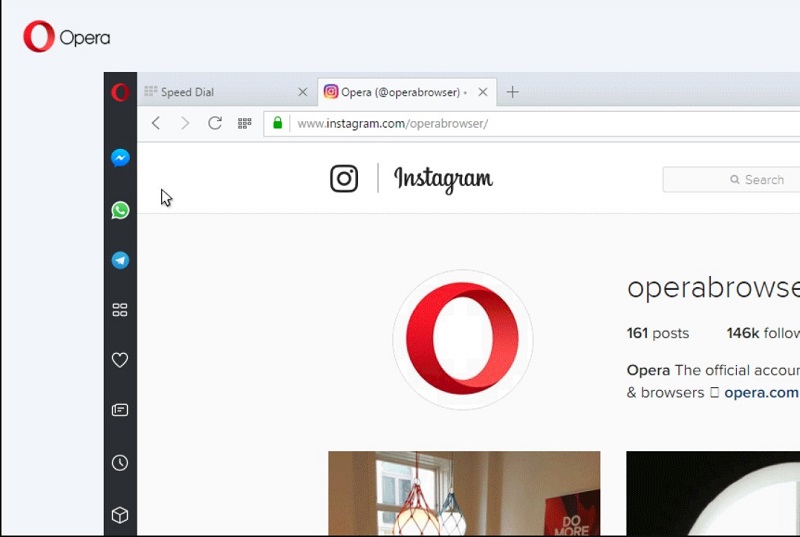
“The Web is a changing environment however, and tomorrow’s advanced web applications will require faster ECMAScript execution, so we have now taken on the challenge to once again develop the fastest ECMAScript engine on the market,” says Opera core team member Jens Lindström.Ĭarakan makes improvements in three areas. That is clearly no longer the case, and Opera is now intending to raise the bar again. According to Opera, when they first released Futhark, it was the fastest ECMAScript engine on the market. This week Opera announced their next generation JavaScript and ECMAScript engine, called Carakan. Though his benchmarking is probably outdated by now, one theme was clear then: Opera’s Futhark engine ran near the bottom of the pack, with Internet Explorer’s JScript engine as company. In September, when Google first released Chrome, jQuery creator John Resig put up a good rundown of JavaScript engine performance on his blog. So the speed at which the browser can render JavaScript (or ECMAScript) is becoming more and more important.

In order to simulate a more “desktop-like” user experience, many web applications utilize a lot of JavaScript.
Opera browser has game engine go software#
We reported last month that over half the world’s developers will be working on software as a service projects in 2009, so the trend is definitely moving in that direction. The reason has to do with the slow transition to cloud-based web applications. However whether the current fastest engine is Google’s V8, Mozilla’s TraceMonkey, Apple’s SquirrelFish, Microsoft’s JScript, or Opera’s Futhark the battle is an important one. The game of one-upmanship has been going on for awhile now, and it’s not easy to stay on top of who has the current fastest JavaScript engine - especially since different benchmarks often yield vastly different results. One of the most important fronts in the fight for web browser supremacy is the battle for JavaScript engine speed.


 0 kommentar(er)
0 kommentar(er)
